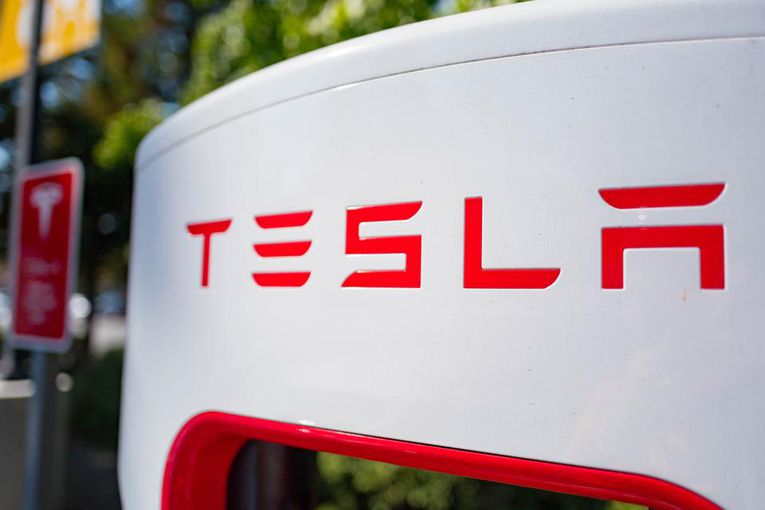The auto maker already offers cover in the state of California and is seeking permission to expand into three more states. Its chief financial officer is now predicting a nationwide roll-out of its insurance product that it claims will “cost less and be better” than the alternatives.
This being Tesla, it will be a very much tech-first model available only to Tesla owners.
The plan was first discussed late last year, when the company said it would “improve the customer experience through automated underwriting, rating, and claims, including direct data feeds with customer permission, that eliminate frictional costs and inefficiencies inherent in traditional insurance processes”.
Such a model could mean automating the insurance shopping, renewal and claims processes by using data that’s gathered by a vehicle’s on-board telemetry technology.
It remains to be seen whether Tesla will bring its car insurance products to the UK, but tailoring a car insurance policy based on telemetry data isn’t a new idea on these shores.
Black box car insurance
Telematics or ‘black box’ car insurance has been around for a number of years, and offers those who are typically penalised for their age or inexperience behind the wheel with higher premiums the chance to save money.
Instead of assessing a driver’s risk based on demographic data like their age, gender and address alone, telematics policies use data from an on-board ‘black box’ that records mileage, speed, steering and breaking, plus the time of day you drive, to assess how likely you are to make a claim.
Such policies also reward drivers for abiding by a curfew so that they don’t drive during high-risk times of day.
There are a number of specialist black box insurers in the UK like Insure The Box, ByMiles and Carrot Insurance, but some of the more established names such as Admiral and RAC have also offered telematics policies for a while.
Proponents of the technology say it makes our roads safer. Carrot Insurance says it has observed a 42% reduction in car accidents among its customer base compared to drivers of the same age with conventional car insurance policies.
In the summer of 2019, Defaqto reported that the number of available black box insurance products was at an all-time high, more than doubling the number of products that were available three years earlier.
How does black box insurance work?
The so-called ‘black box’ is a smartphone sized device that’s installed discreetly on your vehicle. It houses technology, including a SIM card, that can wirelessly transmit data about your driving to your insurer.
The device itself is houses GPS to pinpoint your vehicle’s location at any given time and an accelerometer that detects motion. Unlike a speedometer that simply relays how fast your car is moving, an accelerometer shows how quickly you speed up and come to a stop
High acceleration and deceleration can tell your insurer that you’re either driving aggressively or braking sharply, and the insurer can respond to the risky behaviour by increasing your premiums.
If the data says you’re driving smoothly and safely, they can also reward you by reducing your premiums.
Most black box policies come with an app or web portal that lets you also access the data so that you can see where your driving comes up short. For example, it might show that your cornering could be more careful, and you can adjust accordingly.
Fitted as standard
Black box devices must usually be professionally installed and removed, though some vehicles come with telematics as standard. Vauxhall, for example, offers telematics on its new vehicles in the form of Vauxhall Connect.
Teslas are packed to the mufflers with smart technology that includes the telematics gear it needs to offer its own insurance policies.
As it stands, however, Tesla has a partnership with Direct Line in the UK. Tesla says it works with the insurer so that it has the right information to understand the capabilities of owners’ vehicles in order to provide appropriate cover.
Source: Forbes
Share this article:
Share on linkedin
Share on facebook
Share on twitter









